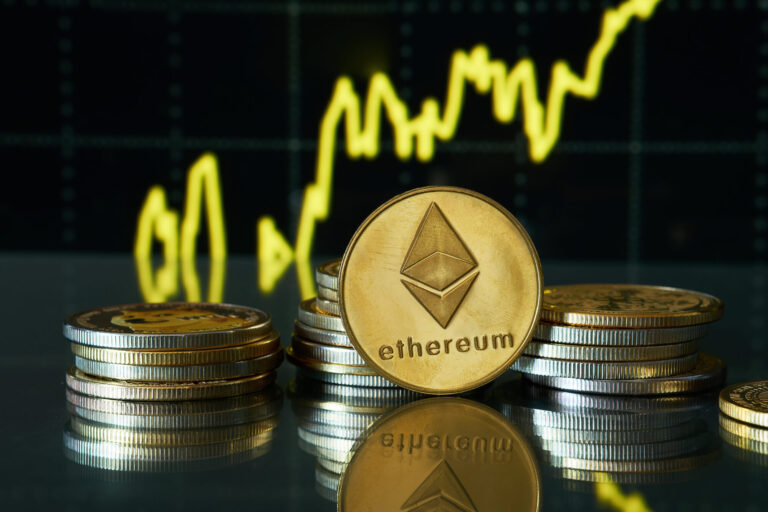Due to the collapse of the UST stablecoin, authorities have once again become involved with the crypto industry. In general, there are calls for better regulation of the digital financial sector. Both the Federal Financial Supervisory Authority (BaFin) and the G7 have spoken out on the issue.
The events surrounding the collapse of the Terra ecosystem has renewed the attention of authorities and regulatory supervisors to push regulations. The UK Treasury already announced plans to introduce stablecoin regulations a few days ago. Later in the week, the financial services watchdog responsible for Germany also announced plans to regulate the crypto space.
BaFin is required
With recent developments in the crypto sector, the Federal Financial Supervisory Authority is looking to create new regulations for decentralized finance (DeFi). The cryptocurrency universe, which originally began on a manageable scale with Bitcoin and Ether, is no longer negligible today with a total market capitalization of nearly $1.3 trillion. As the DeFi space continues to evolve, digital innovation in the financial world is being driven forward in a big way.
Accordingly, BaFin intends to try to regulate the DeFi sector appropriately so as to avoid standing in the way of innovation through distributed ledger technology. In their medium-term goals (for 2022 to 2025), they have set out not to hinder new technologies with restrictions and yet not to expose users to unreasonable risks.
"Supervision must not react to digital innovation with softened standards. But it must also not simply stay as it always has been. It must develop a contemporary supervisory approach so that it can competently accompany innovation and ensure that the risks associated with it remain within manageable limits." - Mark Branson, President of BaFin
Thus, financial regulators do not want to overregulate the crypto space (inhibiting innovation), but they also do not want to leave it without supervision. With targeted and flexible regulation, the sector can continue to grow and offer customers high added value.
Birgit Rodolphe, responsible for settlement and money laundering prevention at BaFin believes that the DeFi market is still a niche market, but with increasing relevance it cannot function without new and specific regulations. Regulations should be issued across the EU to maintain a unified market and not fragment it. What is clear, she said, is that time is running out and the longer the DeFi market remains unregulated, the more the risk to consumers increases. Therefore, innovative providers should be given the opportunity to launch their products and services in a correct and secure legal framework.
G7 discusses future crypto regulations
Not only BaFin is seeking new regulations, but also the G7. The issue is likely to be raised at this week's financial meeting. The head of the French central bank has already commented on the matter:
"What happened in the recent past is a wake-up call for the urgent need for global regulation. Europe paved the way with MICA (regulatory framework for crypto-assets), we will probably discuss these issues among many others at the G7 meeting in Germany this week." - Francois Villeroy de Galhau, Head of the French Central Bank
As early as 2020, there were calls for greater regulatory oversight of cryptocurrencies. Japan, one of the G7 members, stressed the urgency of introducing crypto regulations. The use of stablecoins could facilitate global payment systems, and with the increasing use of digital finance by both private and institutional investors, these calls become even more urgent than before.








